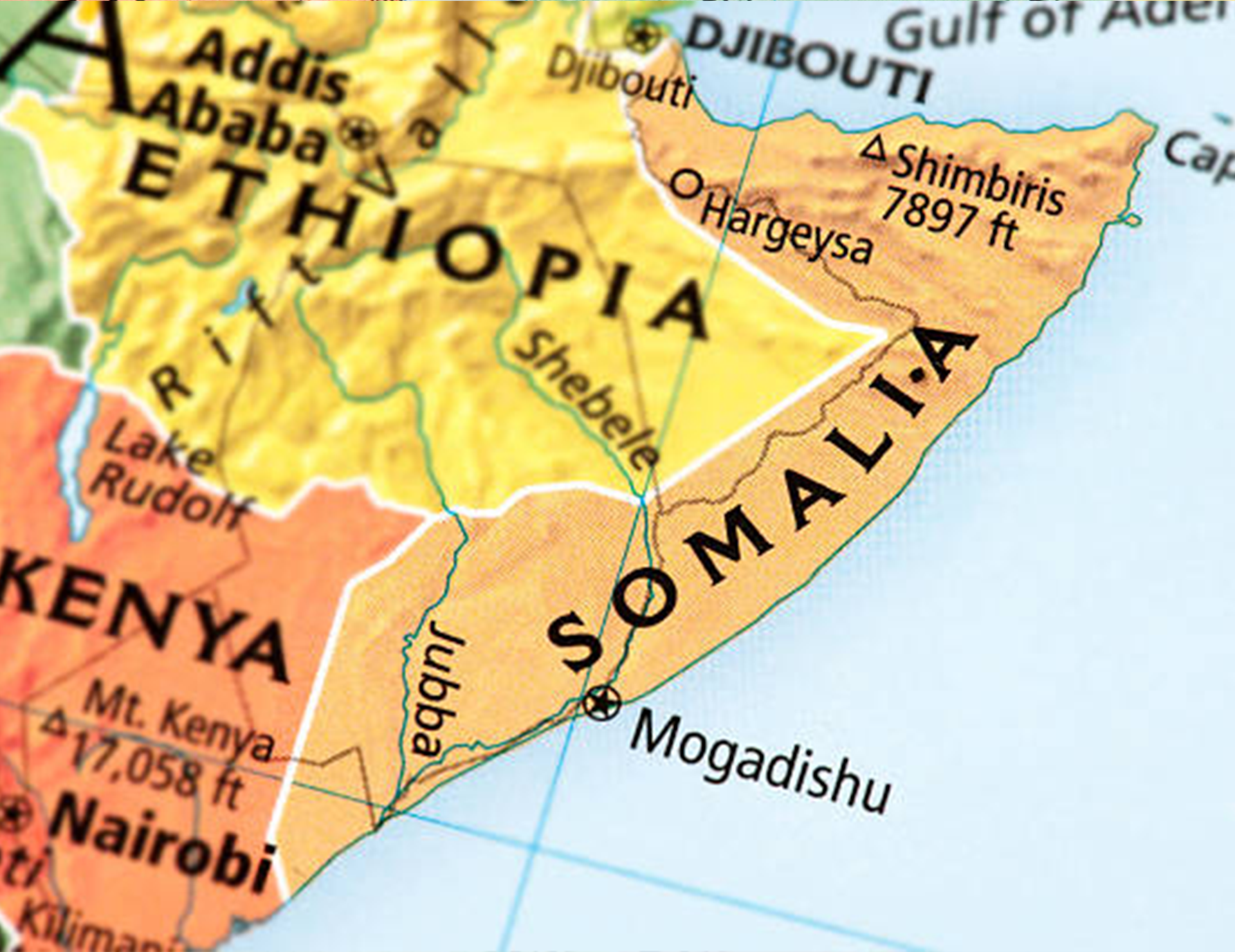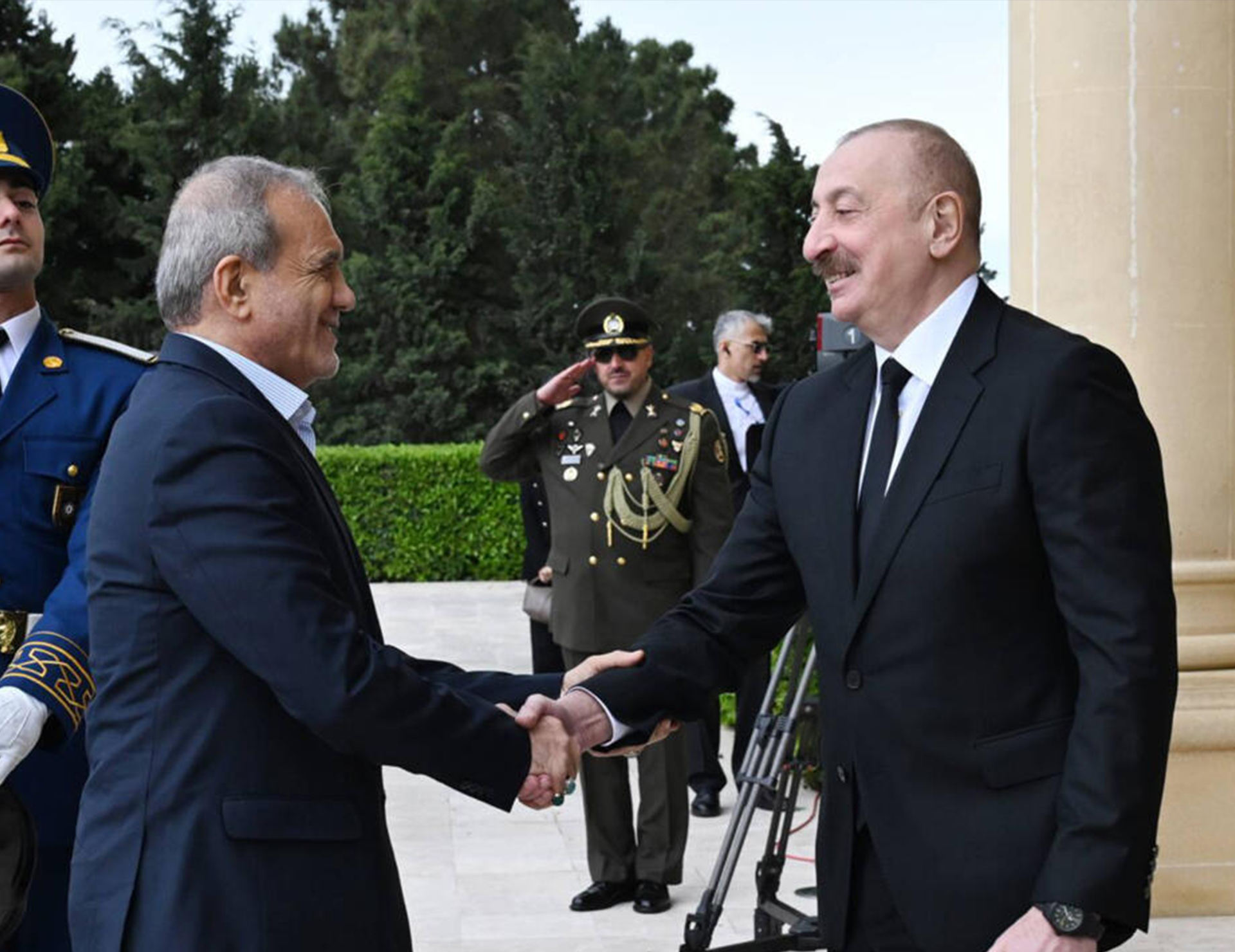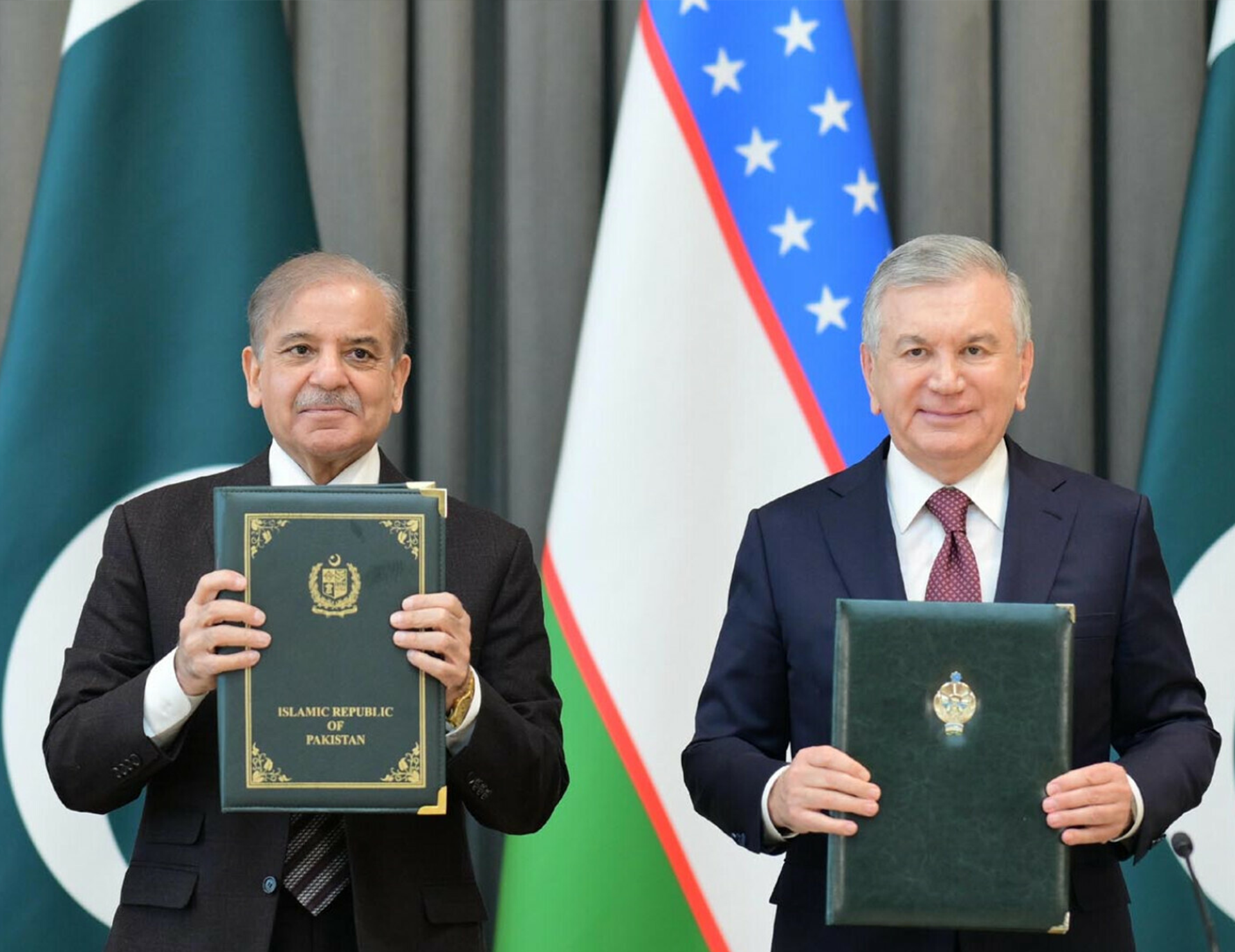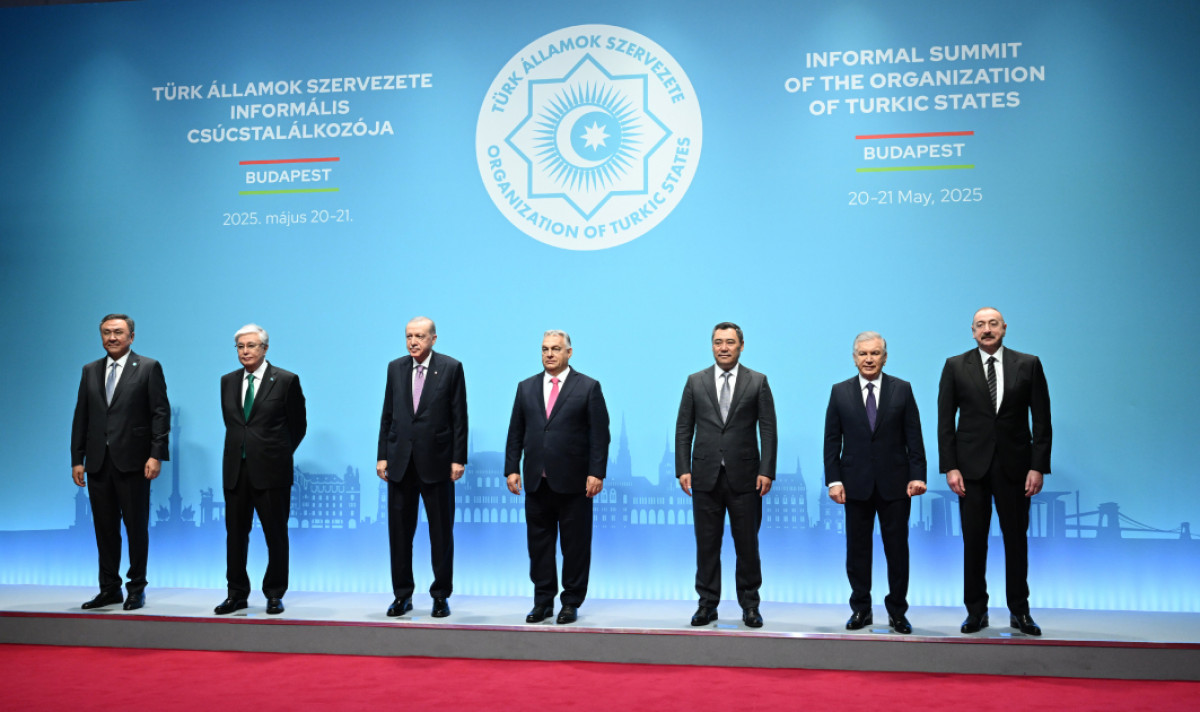The Horn of Africa for years has been a hotbed of conflicts, but the events of the last year have increased the tensions in the region even more. In January an important issue emerged between Ethiopia and Somalia, when Ethiopia signed a memorandum of understanding with Somaliland to rent 20 km of the coastline. One of the major reasons behind this move was that as a landlocked country, Ethiopia currently has access to international waters only via Djibouti. With this agreement, Ethiopia would have gained access to the Red Sea through the ports in Somaliland. Somalia claimed that this move violates international law, considering that Somaliland declared its independence from Somalia in 1991 but is still not recognized by the international community. In a retaliatory move, Somalia decided to expel Ethiopian soldiers that were in the country for a peacekeeping operation. As the tension between the two sides kept rising, Türkiye stepped in as a mediator, several trilateral meetings having been held this July and August.
On the other hand, there is an ongoing conflict between Cairo and Addis Ababa over Ethiopia’s Grand Ethiopian Renaissance Dam (GERD) project. The project was launched in 2011 and ever since has remained a source of tension between the two countries. Ethiopia considers the dam, which is located on the Nile River, to be critical for its energy supply and hence economic development. However, since Egypt almost fully relies on the Nile for its water supply, it views this project as a threat to its water and national security. Despite several rounds of negotiations over recent years, the issue remains unresolved, exacerbating the countries’ rivalry.
While these conflicts are still ongoing, Egypt and Türkiye have been working on a normalization process after a decade of diplomatic tensions, following the 2013 coup that brought Egypt’s current President Abdel Fattah el-Sisi to power. As it was mentioned at the joint press conference of Presidents Erdoğan and Sisi, other than the Israel-Hamas war and the humanitarian issue in Gaza, the Horn of Africa is an issue concerning both sides. In light of these, there is an important question to be answered: how will Türkiye and Egypt’s strategic interests intersect here and what will be the consequences for the Horn of Africa?
In order to find a meaningful answer to this question, it is crucial to understand the position of all the sides mentioned above in the region. Ethiopia is one of the largest economies of Africa and has one of the largest populations in the continent. However, for years the country has suffered from internal conflicts, which has significantly compromised its development. Its landlocked status spurs Addis Ababa’s interest in Somaliland, as it is looking for new ways to gain access to international waters which would largely benefit the country’s economy. Moreover, a unified and strong Somalia can be a potential threat to Ethiopia’s influence in the region. So, it is in Ethiopia’s interests to use Somaliland as a leverage in its relations with Somalia. On the other hand, Somalia’s main goal is to establish control within its borders and reintegrate areas like Somaliland into its territory. Somalia views the possible recognition of the independence of Somaliland as a threat to its sovereignty and territorial integrity. So, it is trying to enhance its relations with international actors like Türkiye, Egypt, the UN and the African Union, which would eventually benefit the country in establishing control and stability within its borders.
Türkiye’s influence in the Horn of Africa has significantly grown in the last decade, which was driven by its strategic goal of expanding its relations with the African countries. Its engagement in the region was focused primarily on Somalia in the form of military cooperation, economic investments, and humanitarian aid which in total exceeded USD 1 bn. Türkiye sees and for many times declared its relations with Somalia as an example of how to engage in diplomatic relations with the countries of the continent. The two countries’ relations peaked in February 2024 when they signed a memorandum according to which Türkiye would protect Somalia’s coastlines and maritime borders, increasing Turkish presence and influence in the region.
Beyond this, Türkiye has close relations with Ethiopia as well, to whom it gave military support during the recent civil conflicts, and its companies have made substantial investments. Turkish companies have been very active in building infrastructure in the country, and the two sides view each other as important partners. However, their bilateral relations can become more complicated in the future mainly because of the conflict over GERD, as the importance of Egypt for Türkiye has grown a lot with the major escalation over Gaza. Furthermore, when it comes to mediation efforts between Ethiopia and Somalia, it is reasonable to argue that regional stability is in Ankara’s interests, as it would help it benefit from economic projects and protect its influence in the region.
Following the GERD project by Ethiopia, the importance of the Horn of Africa for Egypt has been growing in recent years. Cairo has called for international support as it tried to put pressure on Ethiopia to reach a possible deal. However, Addis Ababa insists on control over the dam arguing that it is crucial for its energy supply and overall economy, and rejects the claims made by the Egyptian side about threatening its water security. Considering the importance of the issue, Egypt has tried to strengthen its ties with Sudan, another country on the Nile which has been suffering from internal conflicts. So, considering the statement made by the Turkish side following the recent meeting of Presidents Erdoğan and Sisi, it can be assumed that the two sides might cooperate in Sudan to try to end the internal conflict, which could benefit both sides – Egypt would benefit by finding a possible ally with whom to cooperate over the GERD issue, and Türkiye would further expand its influence in the region.
Moreover, Egypt has been actively investing in Somalia’s security and supporting its territorial integrity. The most important reason for this is that any possible security issue in the Horn of Africa would be a possible threat to the Egyptian economy. Since the ships going through the Suez Canal and the Red Sea eventually cross the Bab al-Mandab strait, located between the Horn of Africa and the Arabian Peninsula, any conflict in the region would have a significant effect on the security of this trade route, damaging the Egyptian economy. Furthermore, the Egyptian side understands that instability in Somalia enables other regional actors to project their influence. So, it is in Egypt’s interests to support Somalia’s security and territorial integrity. As a result of this, the two countries signed a defense agreement which further enhanced their cooperation and showed the determination of the Egyptian side in countering Ethiopia in the Horn of Africa.
When it comes to the two countries’ relations with Ethiopia, considering the economic interests in Ethiopia, Türkiye might find itself in a possible dilemma in the future regarding the GERD project if it is forced to support one of the sides. In general, Ankara’s growing relations with Ethiopia undermine Cairo’s strategic goals in the region. But Türkiye’s role in Somaliland might benefit Egyptian strategic interests, and since the role of Egypt for Türkiye has become crucial after the conflict with Israel, it is reasonable to expect that Ankara would try to manage the situation and its interests in Ethiopia in a way that would not undermine its normalization process with Egypt. Moreover, it can be argued that in the future Egypt might even benefit from the Turkish influence in Ethiopia if a possible Turkish mediation over the GERD issue benefiting Egypt would come to the table.
As a result, in the short term, possible collaboration in the Horn of Africa can be expected between Ankara and Cairo, as regional stability is in both sides’ interests. However, in the long term, the Horn of Africa will probably remain a potential source of disagreements between the two sides. So, it is expected that while collaborating in the region, both countries will be monitoring each other’s steps in the future. The outcomes of the Gaza conflict and geopolitical realities in the MENA region would determine how willful the two sides would be in working together. The coming years will show whether Egypt and Türkiye’s interests in the Horn of Africa would entail a competition or a collaboration.





